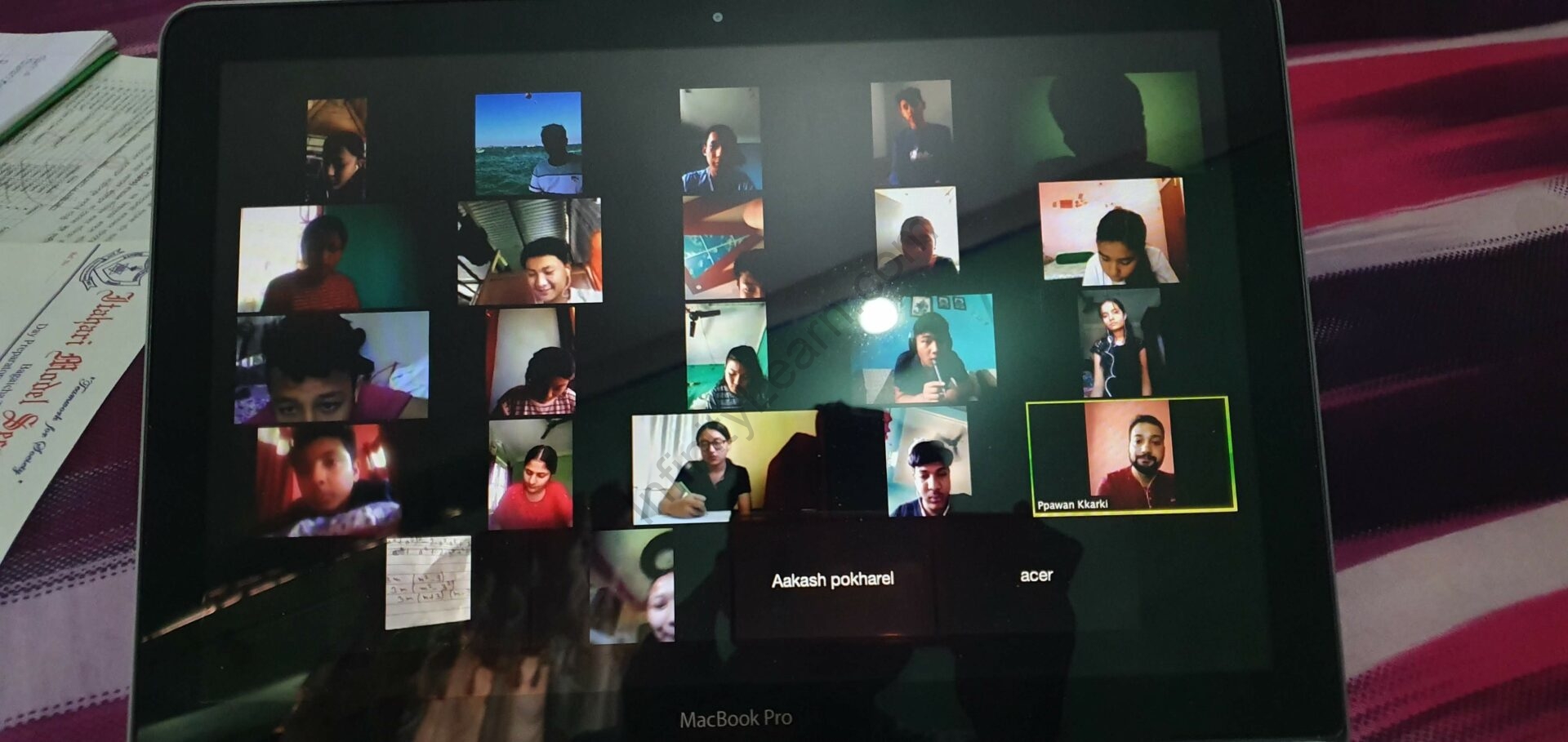Table of Contents
With dismal frequency, I reread Nancy Chick’s “Teaching in Times of Crisis.” It’s about what to do when the world’s horrors—mass shootings, disasters, and hate marches—accompany our pupils to class. I recommend reading the entire paper, which goes into great detail about practical and particular techniques, but Chick also summarizes her findings to “acknowledge the crisis.” My classmates echoed this takeaway after neo-Nazis flooded our campus with racist recruitment flyers this term.
Chick’s guidance is a lifesaver when it comes to dealing with unfortunate or distressing occurrences with our students. But what if the crisis is a personal one? How do we teach when our lives have been turned upside down by a death in the family, a serious health problem (either our own or a loved one’s), or some other private adversity? I talked to instructors who had been through crises as well as mental health specialists to come up with some general advice for both the individual in crisis and their coworkers.

When you’re in the midst of a crisis, you should:
- Consider informing your coworkers: This will be determined by your institution’s collegiality and the nature of the problem. Accept support from your coworkers right away, especially if it entails a reduction in responsibilities. As your condition improves, you can always opt back into committees and other duties.
- Tell your students about it: You say, “Wait, this is completely inappropriate.” It would be even better if you informed them in the same way you told your coworkers, as peers. However, if your performance and availability are hampered by the crisis, you can alleviate guilt and reduce queries by informing them. Caylen Sunderman, a therapist, recommends emphasizing to your pupils that you don’t need their aid; you already have it, and you just want to let them know what’s going on. It should only be mentioned again if absolutely required.
If you have a colleague who is in distress, you should:
- Respectfully listen: Before you share your own sentiments or stories, think twice. Your colleague doesn’t need to know that you lost a brother to cancer if he has cancer. He doesn’t need to know you’re concerned about his safety. Have sure you don’t make the individual in distress perform your emotional work for you. This is difficult right now! It’s quite acceptable to listen and say, “I’m not sure what to say.”
- Don’t give a false sense of security: You should avoid promising your colleague that “this is for the best,” “everything will be OK,” or “at least…” Just as you should avoid asking your colleague to bear with your sorrow, you should avoid ensuring your colleague that “this is for the best,” “everything will be good,” or “at least…” Minimizing the problem by attempting to find silver linings is also harmful.
- If you are unable to assist, at the very least, avoid adding to your colleague’s workload: You might believe that giving the colleague a new project will make her feel “normal” and take her attention off her troubles, but that isn’t the case for someone who is already stressed. Not asking her to do anything more at this time is a wonderful act of kindness.
FAQ’s
Q. How can pupils be helped to cope with the COVID-19 crisis?
Ans: Unicef has several suggestions for helping young kids cope with the COVID-19 crisis:
- Provide emotional and mental assistance: Encourage kids to talk about their worries and inquiries. Explain that having diverse reactions is normal, and urge students to talk to their teachers about it. Provide information to instructors in an honest and age-appropriate manner.
- Pay attention to the needs of vulnerable people: Consider the special requirements of disabled children, as well as how children from low-income households may be more affected by the epidemic than others.
Q. What impact do crises have on kids in the classroom?
Ans: Whether the crisis is local, national, or international in scope, it can have a big impact on the college classroom. Students who are not related to each other or are personally involved can be affected by anxiety or trauma. While proximity (a local event) may have a more visible impact on your students, the effects can be just as difficult due to “the sheer magnitude and scale (national events with widespread media coverage)” and “the degree to which students are likely to identify with the tragedy’s victim(s) and feel like “vicarious victims” (fellow students, fellow women, fellow members of a group targeted by a hate crime, fellow Americans)” (Huston & DiPietro, 2007, p. 219).
Q.What should a crisis management plan include?
Ans: In the case of a calamity, a crisis management plan lays out how your firm would respond. Who will act and what their tasks will be should be specified in the strategy. The goal of a crisis management plan is to minimize damage and get a company back up and running as quickly as feasible. Your crisis management strategy should be a living document that your team may consult and amend as needed. A simple crisis plan resembles a checklist, although it can be written up in a variety of ways. When a calamity strikes, your team can check off the items that need to be done in order to respond to the situation.




